Breaking
- MENU
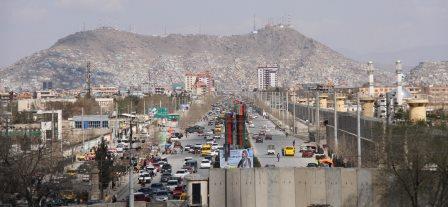
The one year anniversary of the Biden administration’s chaotic exit from Afghanistan has provided the occasion for Congressman Michael McCaul (R-Texas) and his fellow Republicans on the House Foreign Affairs Committee to issue an interim report entitled “A ‘Strategic Failure’: Assessing the Administration’s Afghanistan Withdrawal.” Even before the report appeared, however, the White House launched a pre-emptive strike against its content by means of a memorandum to “Interested Parties.” The paper, by National Security Council spokesperson Adrienne Watson, bore the notation, “Re: Recently Released Partisan Report on the Afghanistan Withdrawal.” Among other assertions, the memo claimed that the GOP report was full of “inaccurate characterizations … and false claims.”
The White House memo asserted that one of the report’s allegedly false claims was that “we are less safe today because of the withdrawal because al Qaeda has reconstituted and Afghanistan has become a terrorist haven.” The memo claimed that, to the contrary, the Intelligence Community had assessed that al Qaeda has not reconstituted in the country. Moreover, the memo continued, Ayman al-Zawahiri, the organization’s leader, “was the only key al Qaeda figure who attempted to re-establish their presence in country.” Indeed, it asserted, “there are less than a dozen al Qaeda core members who remain in Afghanistan and they probably were located there prior to the fall of Kabul.” Nor, it pointed out, did al Qaeda have the capability to attack the U.S. or its interests from Afghanistan.
This issue is an especially sensitive one for the administration because the Feb. 29, 2020, Doha agreement between the United States and the Taliban made no demands on the group other than that it not permit terrorists to operate from its territory. Specifically, Part II of that agreement, which detailed the Taliban’s promises to Washington, outlined five commitments from the group regarding the prevention of terrorist operations from Afghan soil.
Among those explicit commitments were that the Taliban 1) “Will not allow any of its members, other individuals or groups, including al Qaeda, to use the soil of Afghanistan to threaten the security of the United States and its allies”; 2) that it “send a clear message [to] … instruct [its] members not to cooperate with groups or individuals threatening the security of the United States and its allies”; and 3) that it “prevent any group or individual in Afghanistan … from recruiting, training and fundraising and will not host them in accordance with the commitments in this agreement.”
Yet it is clear that the Taliban has not abided by those commitments. To begin with, it is no more plausible that the Taliban was not hosting al-Zawahiri in one of the rare tony parts of Kabul than that Pakistan was unaware that Osama bin Laden was ensconced in its midst. Moreover, if the “less than a dozen” al Qaeda members were in Kabul before it fell, the Taliban surely knew where they were and, per the Doha agreement, should have rooted them out.
In fact, from all indications, Afghanistan does indeed remain a haven for terrorist groups. They include the Tehrik-e-Taliban Pakistan (TTP), which seeks to overthrow the government in Islamabad and thus poses a serious threat to South Asian stability; Islamic State-Khorasan, or ISIS-K, which has parallel objectives vis-à-vis the governments of Tajikistan and Uzbekistan; and the Islamic State, which opposes the Taliban as well as American and Western interests.
Of far greater concern to the United States, however, is the Haqqani network, which long has worked hand-in-glove with both the Taliban and al Qaeda. The network’s top leader, Sirajuddin Haqqani, has served as both acting interior minister in the Afghan government and de facto deputy head of the Afghan state since the Taliban takeover. Haqqani is personally responsible for terrorist bombings and attacks on American forces. Indeed, a Department of State program called Rewards for Justice still offers $10 million for information that leads to Haqqani’s arrest. He, his network and his allies remain a major threat to U.S. interests worldwide.
The administration’s claims regarding al Qaeda are at best disingenuous. The White House has offered no real evidence that al Qaeda personnel have not returned to Afghanistan. Haqqani’s presence in the government would indicate otherwise; he reportedly has personal ties to the terrorist group. Moreover, despite the U.S. killing of al-Zawahiri, in the absence of a military presence that would permit far more extensive monitoring of a country the size of Texas, there is no way to know the extent of, much less to prevent, al Qaeda’s reconstitution there. Indeed, it is unlikely that the group will again operate large, open training camps that satellites or drones could detect and aircraft could attack.
Both McCaul’s report and the administration are marshaling generals to support their respective cases regarding the wisdom and execution of America’s departure from Afghanistan. The debate will rage on. One thing is clear, however: The Taliban has demonstrated that its commitments in the Doha agreement are worth less than the paper on which they were printed, and that the threat to America’s interests, allies and even the homeland itself has far from disappeared.
Note: This article was originally published in The Hill on 19 August 2022 and has been reproduced with the permission of the author. Web Link
As part of its editorial policy, the MEI@ND standardizes spelling and date formats to make the text uniformly accessible and stylistically consistent. The views expressed here are those of the author and do not necessarily reflect the views/positions of the MEI@ND. Editor, MEI@ND: P R Kumaraswamy

Dov S. Zakheim is a Senior Fellow at CNA Corp and Senior at the Centre for Strategic and International Studies (CSIS) Washington. Previously he served as Under Secretary of Defense (Comptroller) and DoD Chief Financial Officer (2001-04) and as DoD Coordinator of civilian programs in Afghanistan (2002-04). From 1985 to 1987, he was Deputy Under Secretary of Defense for Planning and Resources. He sits on various corporate boards and is Vice-Chairman of both the Foreign Policy Research Institute and Center for the National Interest. He is also the author of Flight of the Lavi: Inside a US-Israeli Crisis (Brassey's 1996).

The longer Israel holds off entering the Gaza Strip, the greater will be the number of voices around.....
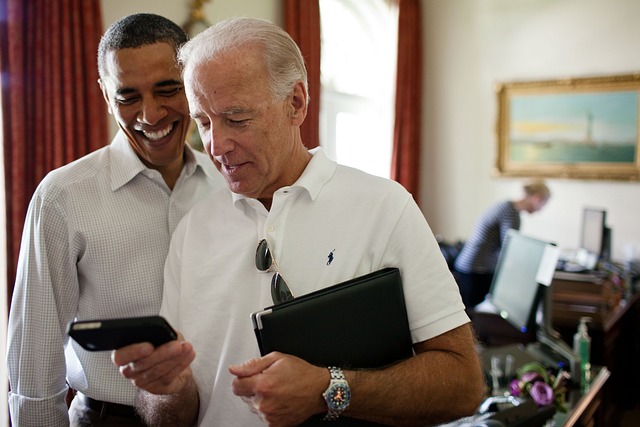
It was rather amusing to see President Joe Biden hugging Israeli Prime Minister Benjamin Netanyahu u.....
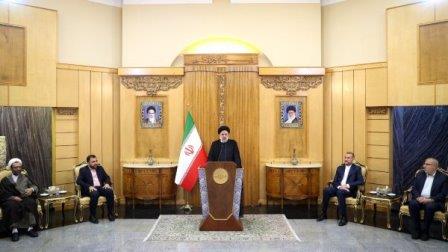
The Biden administration’s money-for-hostage exchange with Iran has, not surprisingly, generat.....

On its face, there is little that the United States can do to help prevent Israel from destroying it.....
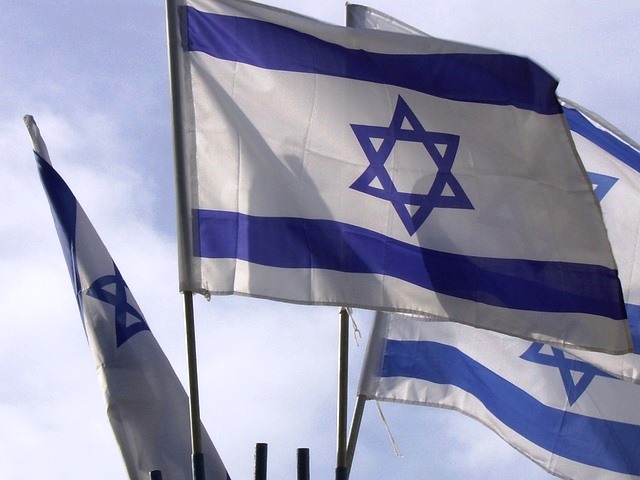
In 1996, when Benjamin Netanyahu was first elected prime minister, Israel was still basking in the a.....
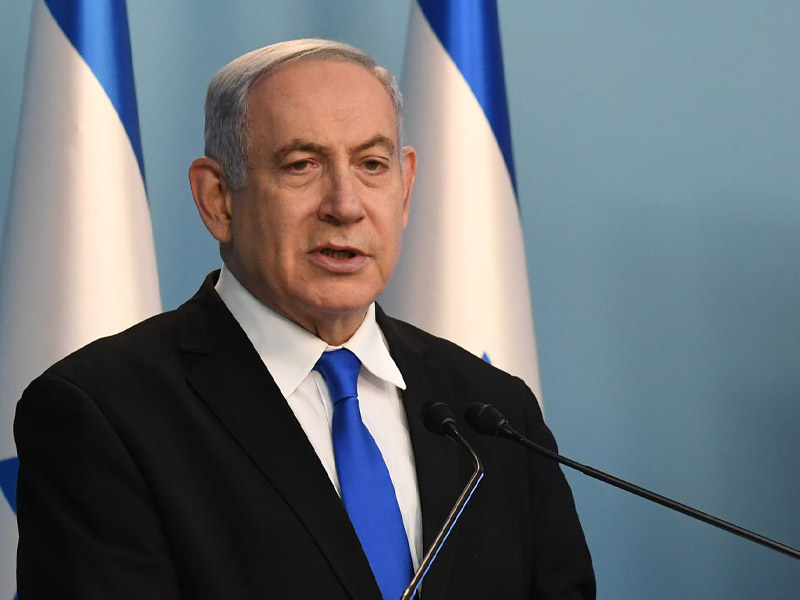
As the world watches Vladimir Putin brazenly annex chunks of eastern Ukraine, one politician in part.....
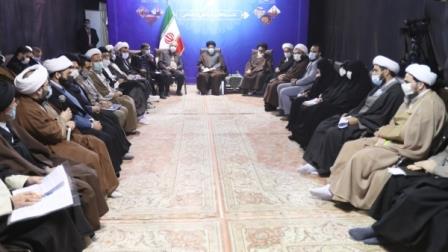
Israel and Turkey recently announced that, once again, they would upgrade their relations to full di.....
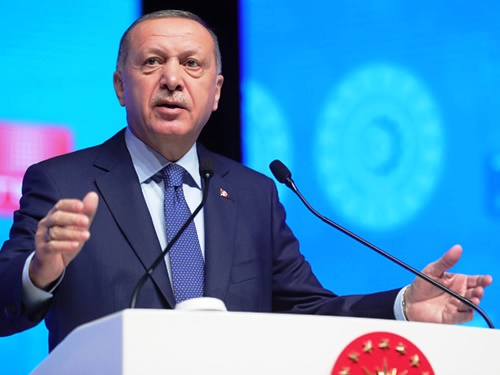
“Unpredictable” is an understatement when describing Turkey’s authoritarian presid.....

Joe Biden’s visit to Saudi Arabia did not exactly work out as the president perhaps had antici.....
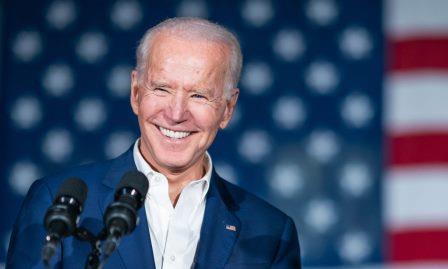
As President Biden often reminds his Israeli interlocutors, he first visited Israel in 1973 when Gol.....

It is not often that a government falls over a few crumbs. But that is exactly what could happen to .....
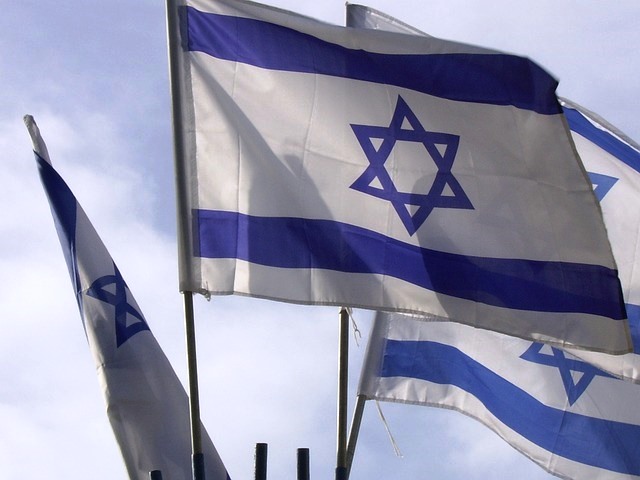
In what proved to be the last book he wrote before his death, “No Room for Small Dreams,&rdquo.....

The State Department this week issued a report that once again rejects China’s claims to exclu.....
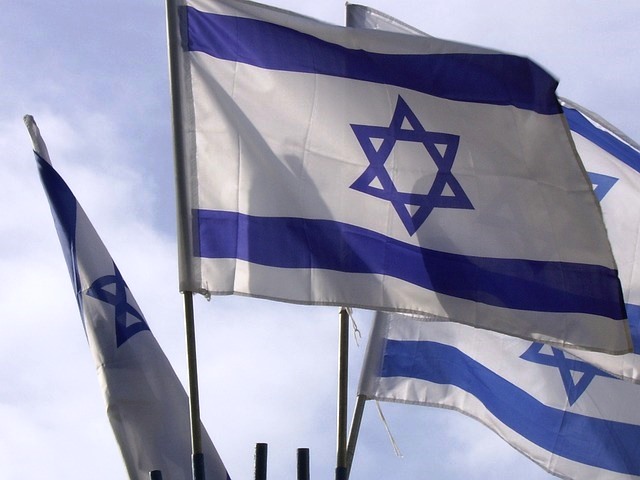
Even as the left wing of the Democratic Party continues to blast Israel — to the degree that t.....
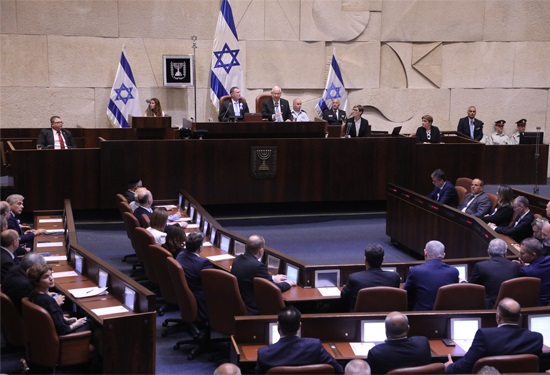
Several days ago, a group of so-called progressive Democrats, led by the “Squad” &.....

The Israel-Hamas ceasefire appears to be holding. President Biden has reiterated his commitment to a.....
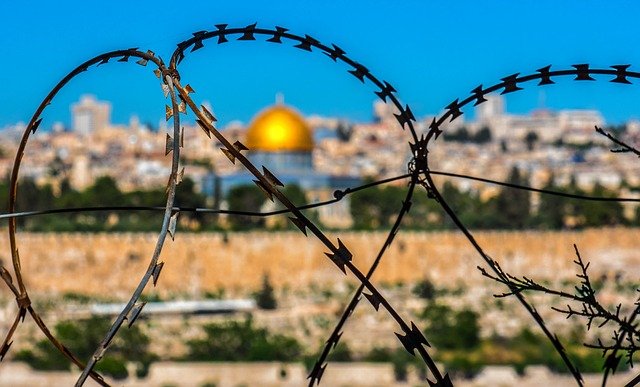
At the time of writing, the increasingly bloody war between Israel and Hamas continues apace. At som.....
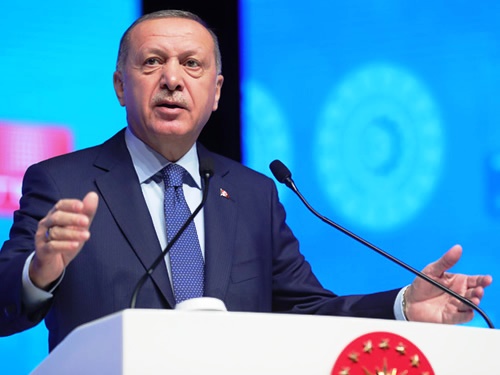
The chasm between Washington and Ankara grows wider by the day. President Biden’s decision to .....

Jordan’s arrest of about twenty leading officials accused of plotting to overthrow King Abdull.....
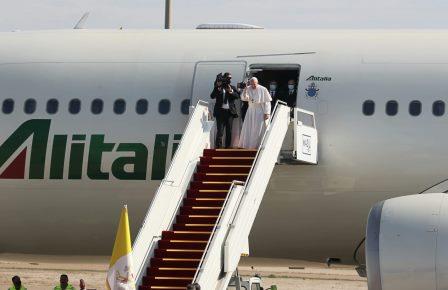
“It was an amazing visit.” That’s how Iraqi President Barham Salih summed up to me.....
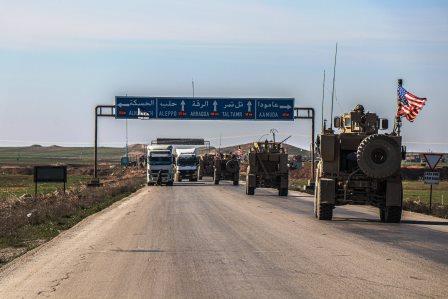
President Trump appears determined to withdraw as many troops as he can from the Middle East before .....

Forty years ago, the Reagan administration sought to sell AWACS early-warning and control aircraft t.....
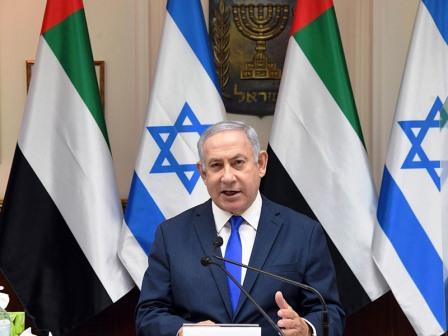
Having hosted a successful White House ceremony to formalize the normalization of Israel’s rel.....
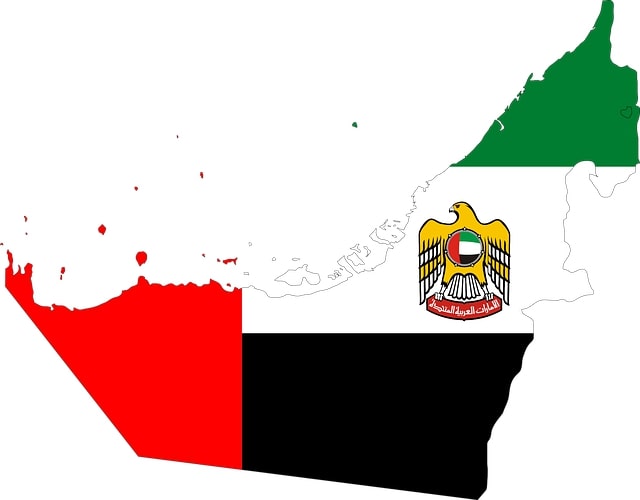
Donald Trump’s electoral prospects appeared to be fading away; for weeks Joe Biden was leading.....
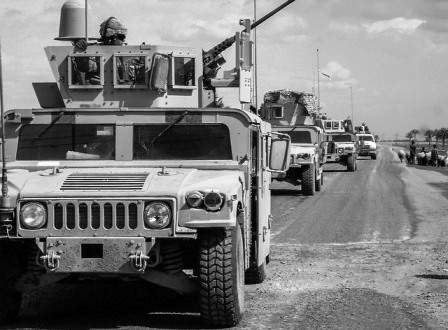
Washington continues to be consumed by speculation and debate over whether the United States should .....
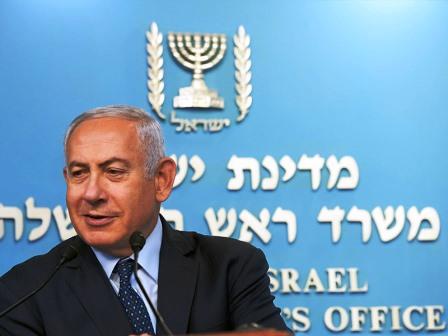
While Americans are agonizing over the wisdom of killing Iranian Quds Force leader Qassim Suleimani,.....
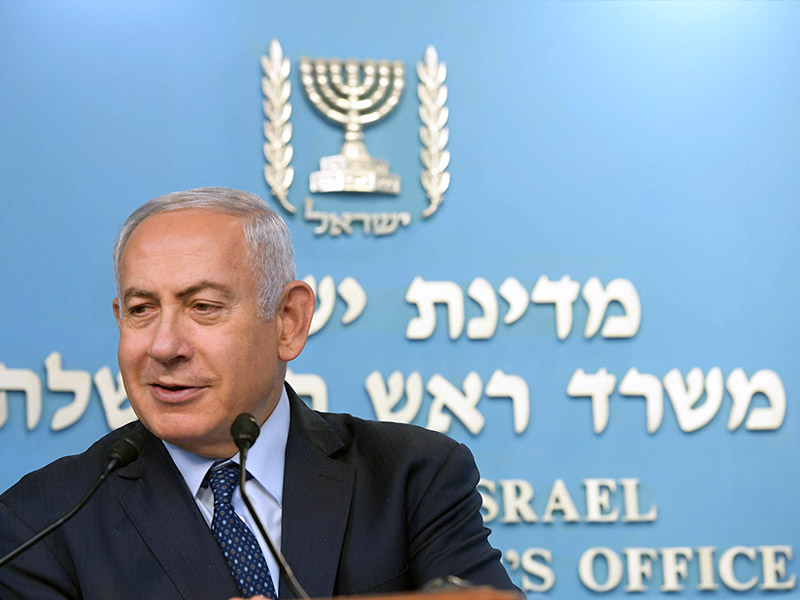
For months, Israel’s pundits predicted that Prime Minister Binyamin Netanyahu once a.....
